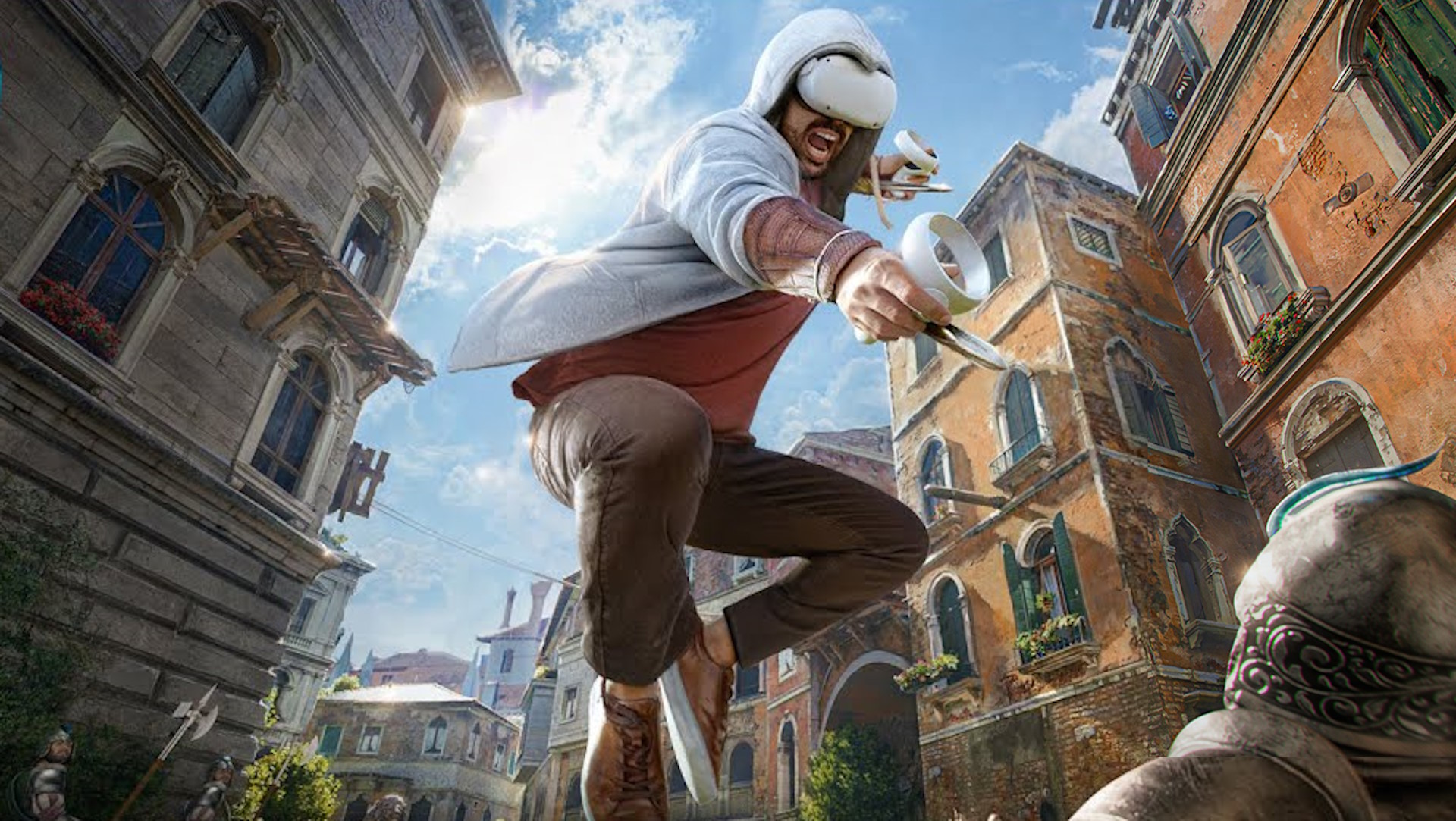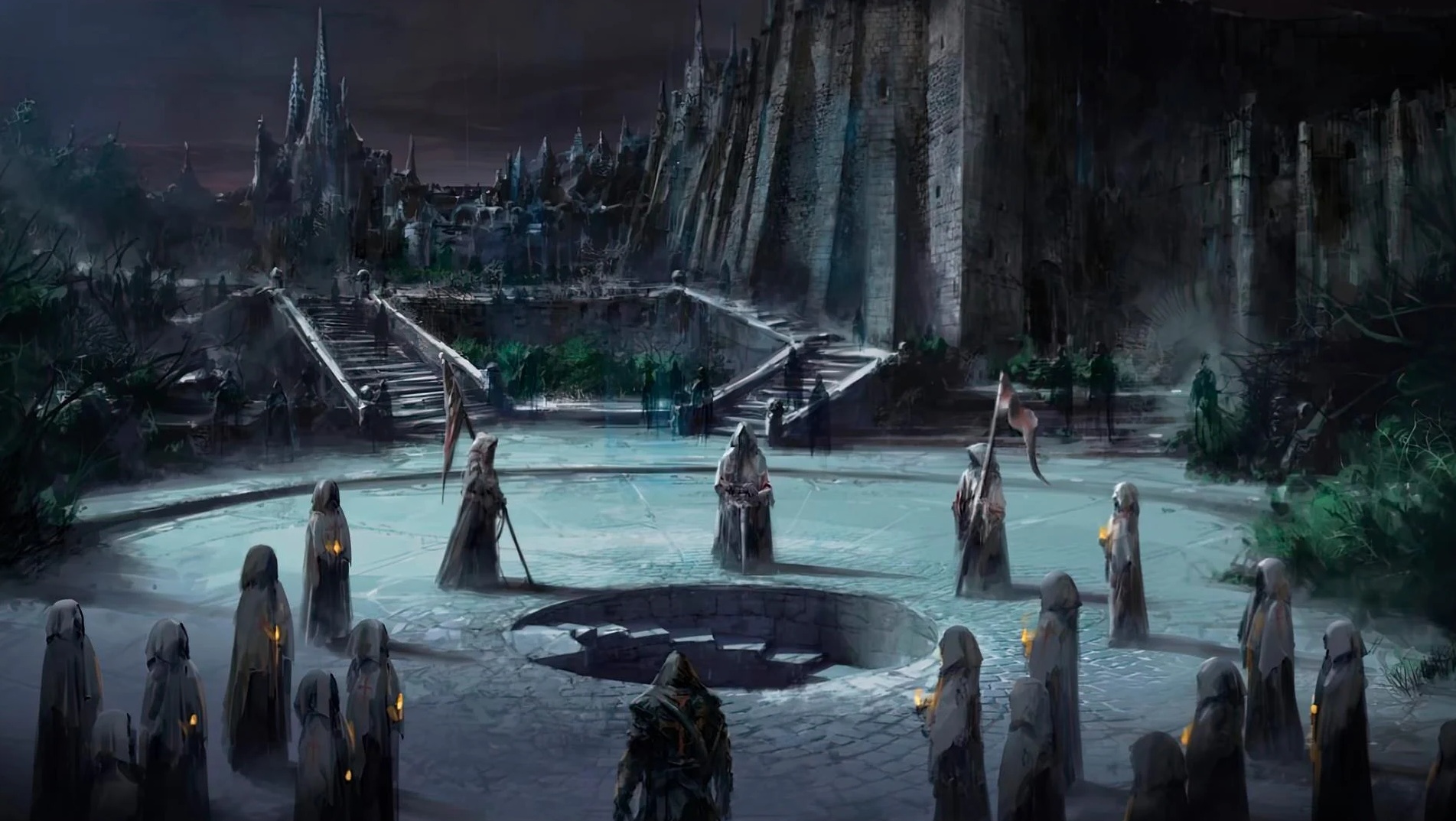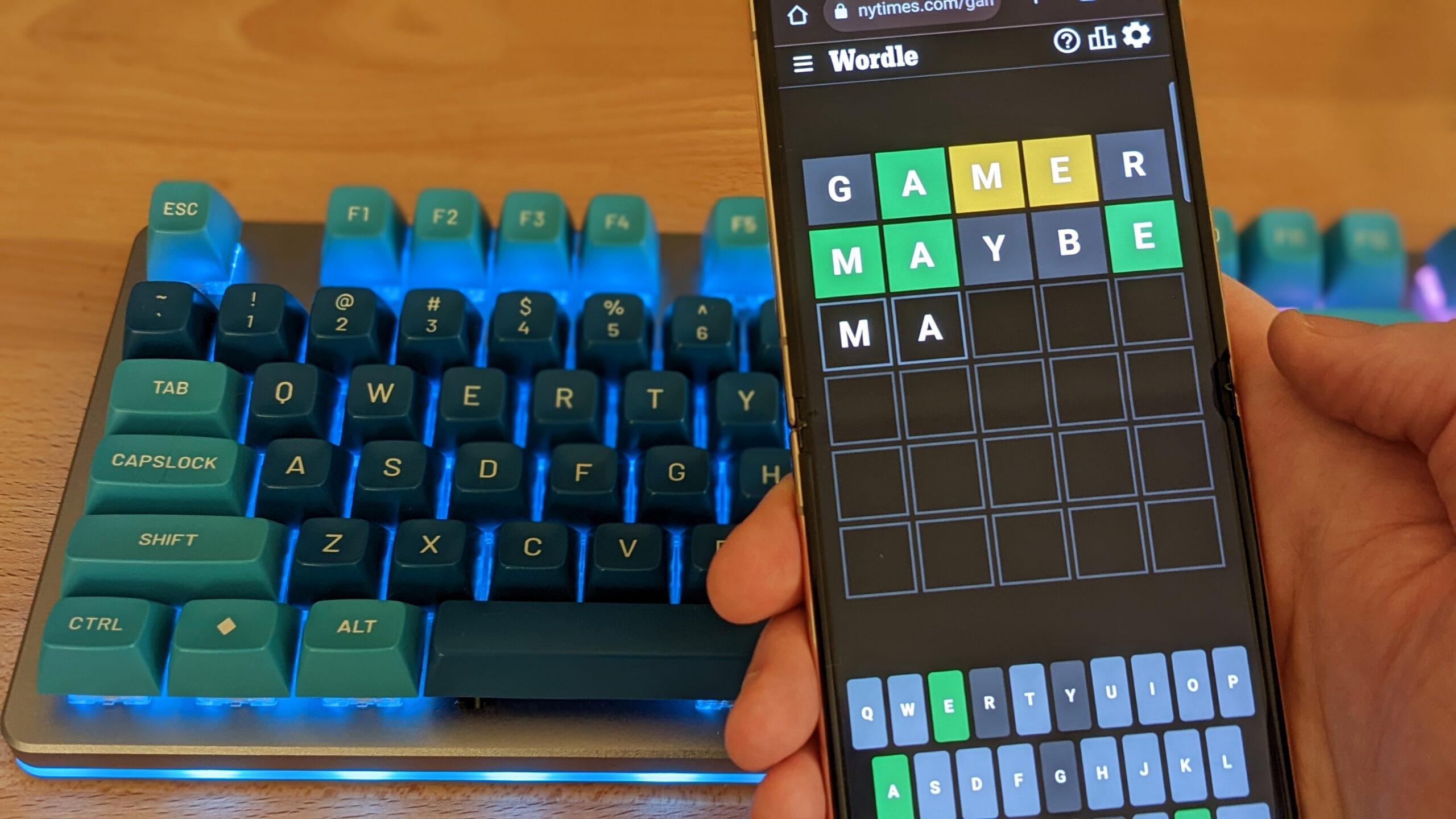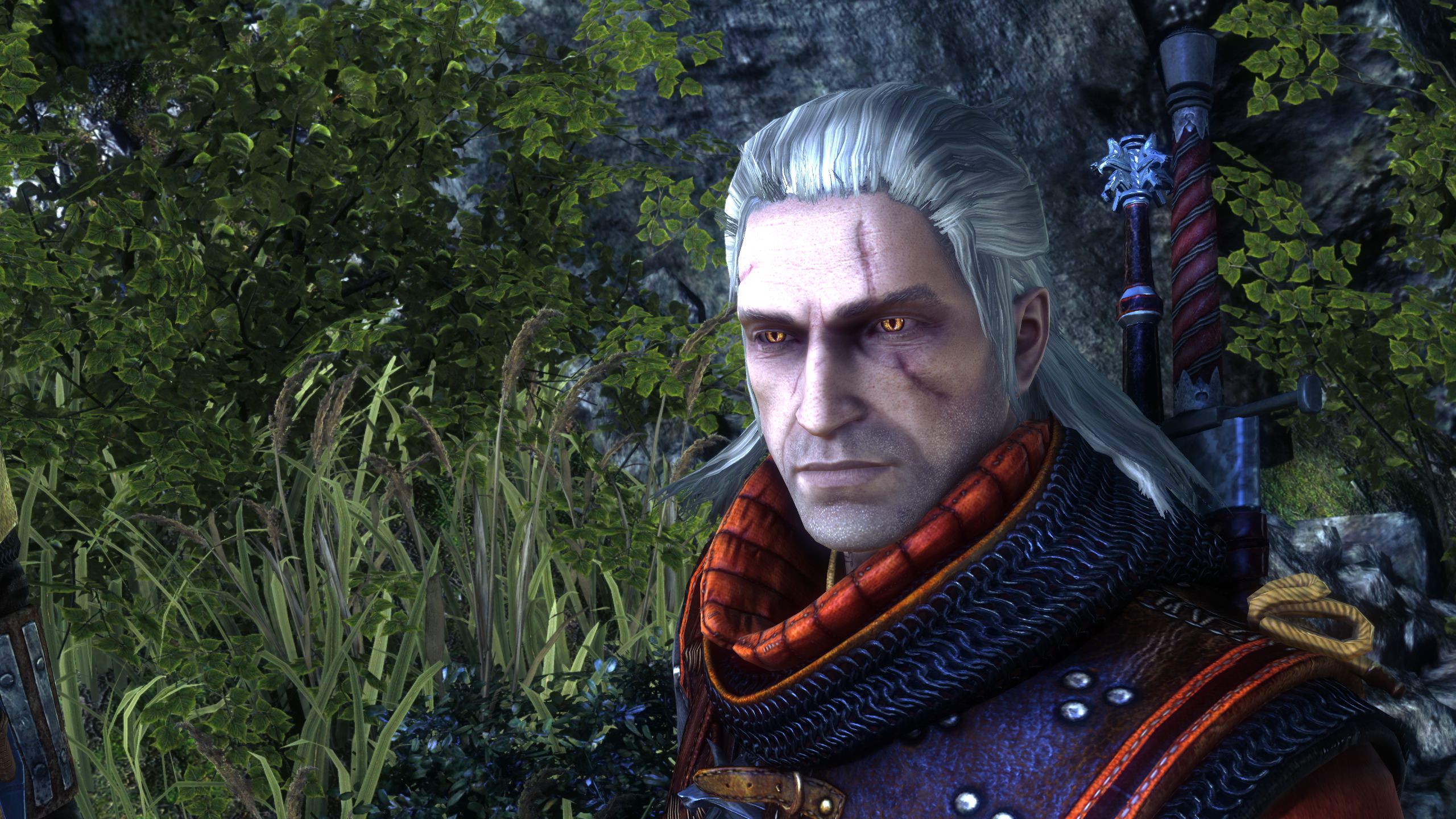Following disappointing sales of Assassin’s Creed Nexus, Ubisoft CEO Yves Guillemot says the publisher isn’t going to increase its investment into VR game development until demand for it “grows enough.”
Assassin’s Creed Nexus looked “genuinely cool” in the estimation of news writer Joshua Wolens, “if you can keep yourself from throwing up,” which in the context of VR games I think is a mostly-complimentary statement. It also holds a high user rating on the Meta Store, and an overall rating of 78/100 on Metacritic. Those are solid numbers, but they apparently didn’t translate into significant sales.
“We’ve been a bit disappointed by what we were able to achieve on VR with Assassin’s Creed,” Guillemot said during an investors call. “It did okay and it continues to sell, but we thought it would sell more, so we are not increasing our investment on VR at the moment because it needs to take off.
“We have been very impressed by what Apple came with, and we think it’s fantastic hardware. But we continue to look at this VR business as something that we have to look at but not invest too much in until it grows enough.”
The Apple hardware Guillemot referenced is presumably the Apple Vision Pro, an AR headset that carries a whopping $3,499 price tag. That alone puts it out of the reach of all but the most committed of VR/AR boosters: It may be impressive hardware, but it’s not going to suddenly bring VR to the masses.
The entry-level Meta Quest 2 headset is a whole lot cheaper at $300 but even so, that’s not nothing, especially when there’s such a dearth of quality games for it. It’s the classic chicken-and-egg syndrome: I don’t want to drop a few hundred bucks on a VR headset until there’s a decent amount of good games for it, and Yves doesn’t want to make more games for VR until I (and a whole bunch of other people) make that up-front layout.
It’s an understandable shift in priorities: The latest Steam Hardware and Software Survey says that a little over 2% of Steam users have VR headsets, and while that figure isn’t surgically precise it does clearly indicate that the potential market for VR games on PC is very small.
Guillemot didn’t say how exactly Ubisoft’s VR ambitions will change as a result of the Assassin’s Creed Nexus disappointment, whether it will cancel any currently in-development games (announced or otherwise) or just not bother kicking off any new ones. It’s already pulled the plug on one, a Splinter Cell VR game that was announced in 2020 alongside the then-untitled Assassin’s Creed VR project, which Ubisoft cancelled in 2022.











